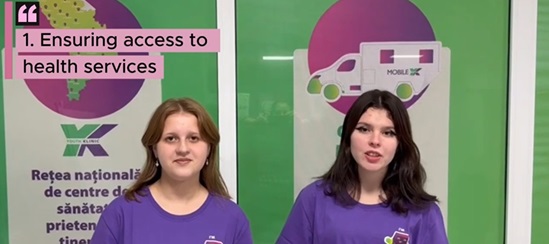Improving Early Childhood Development (ECD)
WHO supports countries to achieve the overall goal for every child to reach their full potential – to live in a caring environment, nurtured by parents and caregivers; to be visible to policy-makers; and to have access to health care and services that support and monitor their development and address any developmental difficulties.
Early childhood is a critical period for a child to receive the nutrition and care that enable optimal development. Investing in early childhood development is one of the most effective investments a country can make.
More than 5 million children are at risk of developmental difficulties. The early childhood years offer a unique window of opportunity to prevent and respond to these challenges. Without timely and appropriate support, children may not reach their full potential – resulting in a loss of human capital, increased health-care costs and a greater burden of chronic diseases in later life.
The Framework on Early Childhood Development in the WHO European Region supports countries and policy-makers in implementing evidence-based interventions that provide the best possible outcomes for a healthy life.
The Pocket Book of Primary Health Care for Children and Adolescents sets standards for services that promote and monitor early childhood development for all children. It provides guidance on evidence-based services that every child should receive – including vaccination, hearing screening, vitamin D supplementation, counselling of parents and caregivers on the benefits of breastfeeding, injury prevention, and dental care. The Pocket Book also defines evidence-based interventions for children who require additional support.









